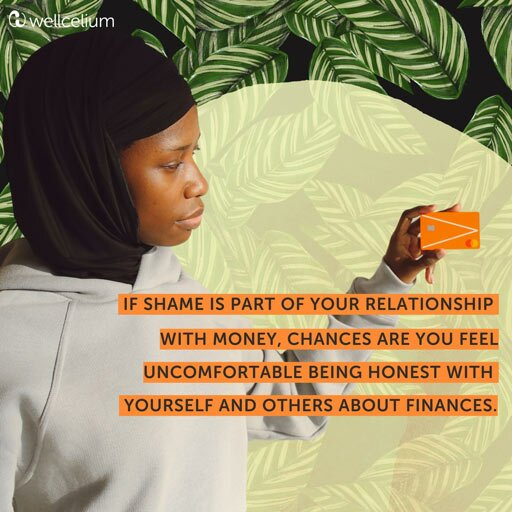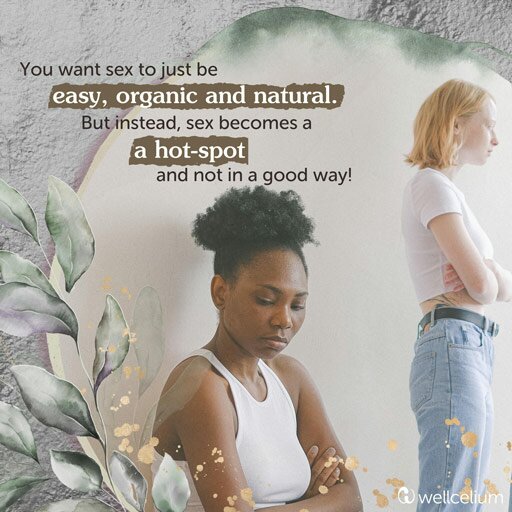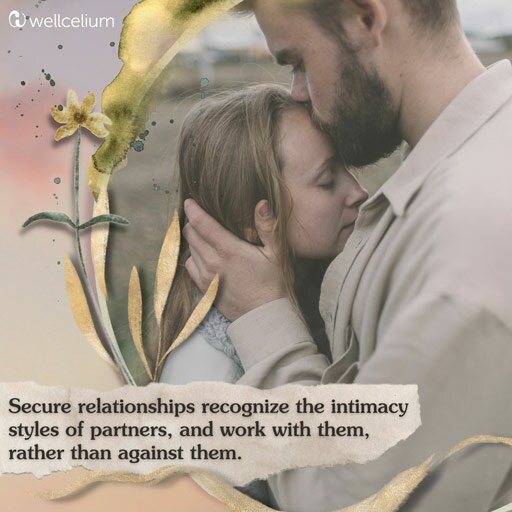Intimacy is the state of feeling close with another being while feeling truly like yourself, simultaneously. It can feel all kinds of ways, including pleasurable, but also naked and vulnerable.
Intimacy is learnable.
Most of us learn how to develop intimacy skills our skills in intimacy from observing our families. Depending on your family, this may or may not be who you want for your role models of how to be close. If intimacy sounds like a risky proposition, you’re not alone. It’s common for people to avoid intimacy for lots of reasons, including to protect painful, unhealed emotional wounds. The good news is that intimacy is a series of skills you can learn and practice. It means getting fluent in communicating and resolving conflict.
How Do You Develop Intimacy Skills?
You can develop intimacy skills by connecting with your partner. Take time to learn more about each other and remain flexible as you both grow. Express your thoughts on what increases intimacy in a relationship to each other. Unplug from technology and remove distractions that may be taking away time from each other throughout the week. Consider turning off your electronics and work at a specific time each night to ensure you have time to connect and bond. Open communication is integral to practice each day to ensure you protect the trust you have with one another and have a foundation that is necessary to enhance your intimacy. Connection and communication are the stepping stones for a healthy relationship.
Learning to be good at intimacy makes it possible to truly receive love and support.
Being intimate means you choose to allow the parts of you that both crave and fear being known, to be known. Intimacy can help sex be really wonderful. Well-functioning close partnerships depend on intimacy. There are many different types and levels of intimacy to share with many different people. It is a generous gift that can only be given, and cannot be forced.
Being close and witnessed with love and compassion supports deep healing.
There is only so much healing you can do on your own. Many people want to just work out their stuff, and then go into relationships all sorted out. However, this isn’t how it works. Relationships are designed to bring up our wounds, so that they can be addressed. Unfortunately, when wounds start to come up in a relationship, many people see this as a problem to be solved.
When the going gets rough, it can be easy to say the relationship isn’t good, or that the relationship needs to end. But what if shit coming to the surface is exactly what needs to happen? What if the relationship is working exactly as it should?

The fact that shit comes up is not in itself a problem.
How you choose to deal with it is where things get interesting.
An amazing thing about well-matched couples is that not only do they play off each other’s strengths, the wounds and baggage they each carry is also well-matched. Meaning, they trigger the crap out of each other!
Reframing intimacy as a container designed for transformation and healing of all involved is a radical departure from the heterosexual monogamous model of happily-ever-after that we get spoon-fed from birth. I would go as far as to say that holding this paradigm is one way to view a healthy relationship through a queer lens.
One important note: While anyone in a relationship can use the relationship as a catalyst for personal growth and transformation, for the long-term sustainability factor of said relationship, usually both parties in a couple (or as many as are in a configuration) need to be invested. Otherwise, one person is growing and changing and learning and becoming, while the other is practicing what they have always practiced. Over time, this becomes untenable for parties involved, and something’s got to give.
The intimacy you share with your partner is integral to staying connected and protecting the bond that you’ve created with one another. Intimacy skills are not always second nature and can require learning them to ensure you continue to grow and nurture a healthy relationship. Building intimacy skills requires overcoming your fears and learning how to become more vulnerable with your significant other. It requires establishing trust to ensure you can let your guard down and become more honest with the person you share your life with.
It may start with asking, “What is intimacy in a relationship?” Becoming more intimate requires learning how to care for another person and put their needs equal with your own. It requires having more value for yourself and your partner. Intimacy takes time and should be something you prioritize to ensure it’s maintained and cultivated.
Questions to ask yourself
Emotional Integrity Skill Set Check-in:
Do I regularly acknowledge all of my needs and desires? (Remember, even if they will not be met at that moment, they still exist.)
Do I regularly acknowledge my unmet needs and express them as needed?
Do I regularly acknowledge the needs of all involved, and hold them equally valid to mine?
Do I share my true inner feelings and thoughts, a.k.a. “Transparency”?
Do I check in when unsure of someone’s feelings, needs, motivations, actions?
Are there any ways I’d like to improve in any of these areas? Is this improvement something I can do myself, or can I call on other resources for support?
Suggested Practice
Try actively incorporating these communication skills into your daily life for one week:
- Communicate forthrightly, and not wait to be asked.
- Communicate more rather than less about my choices and feelings.
- Practice being HALT aware:
- Communicate with others about charged topics when I am not Hungry, Angry, Lonely or Tired.
At the end of the week, take a moment to reflect. What did you notice? Which strategies felt easiest, and which felt more challenging? What surprised you?
Recommended Resources
6 Not-So-Sexy Things That Lead to Better Sex
By Anabelle Bernard Fournier


